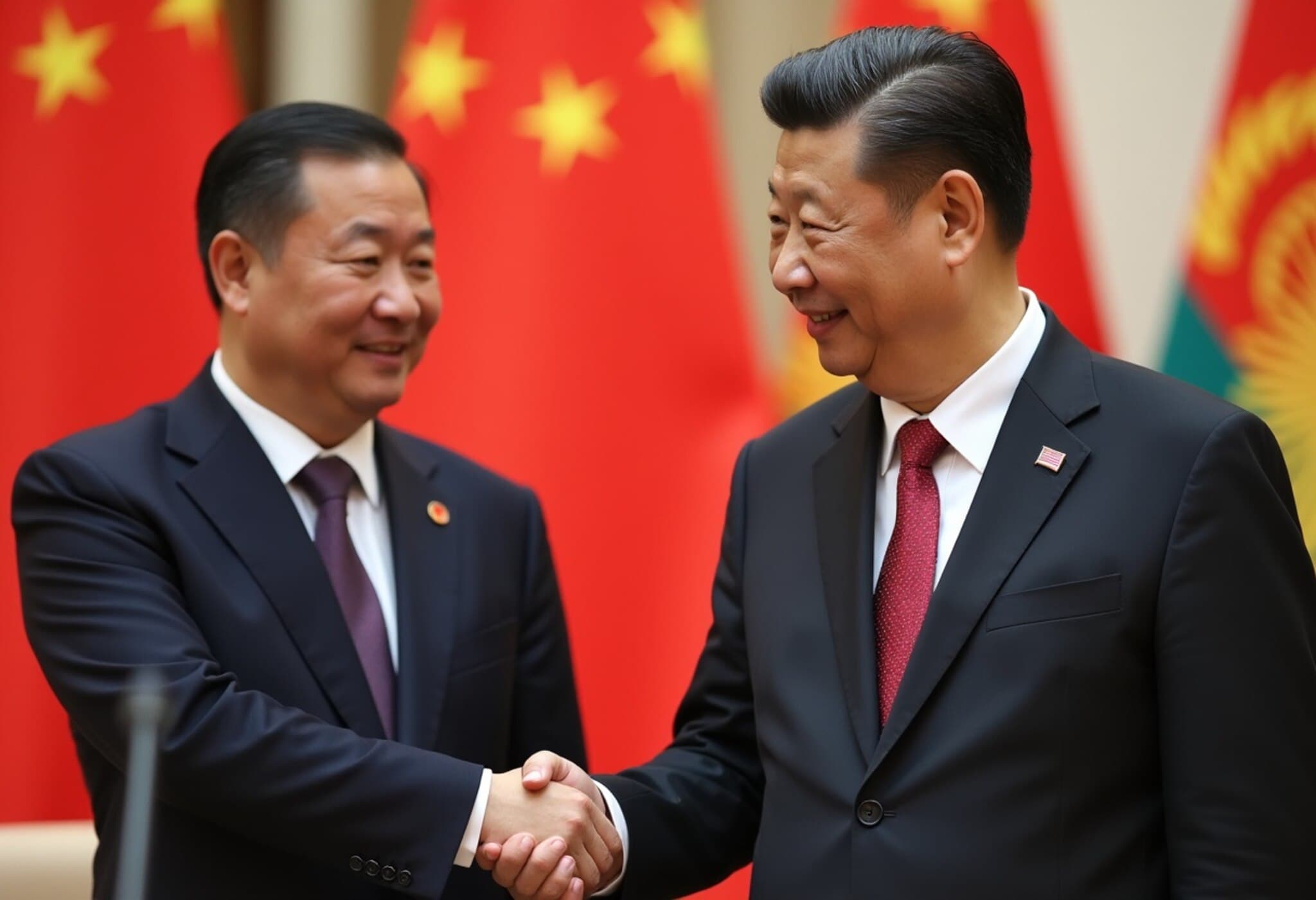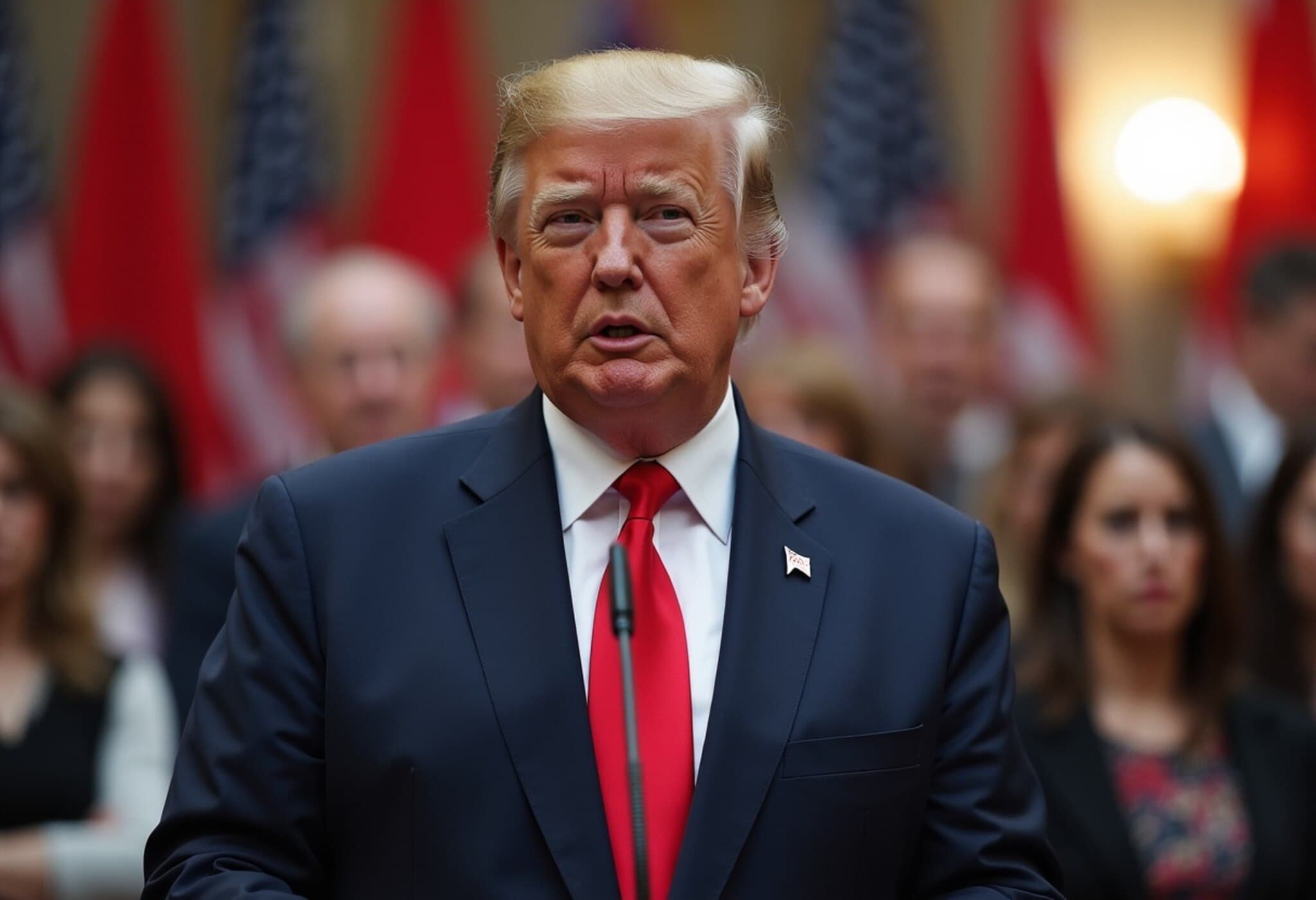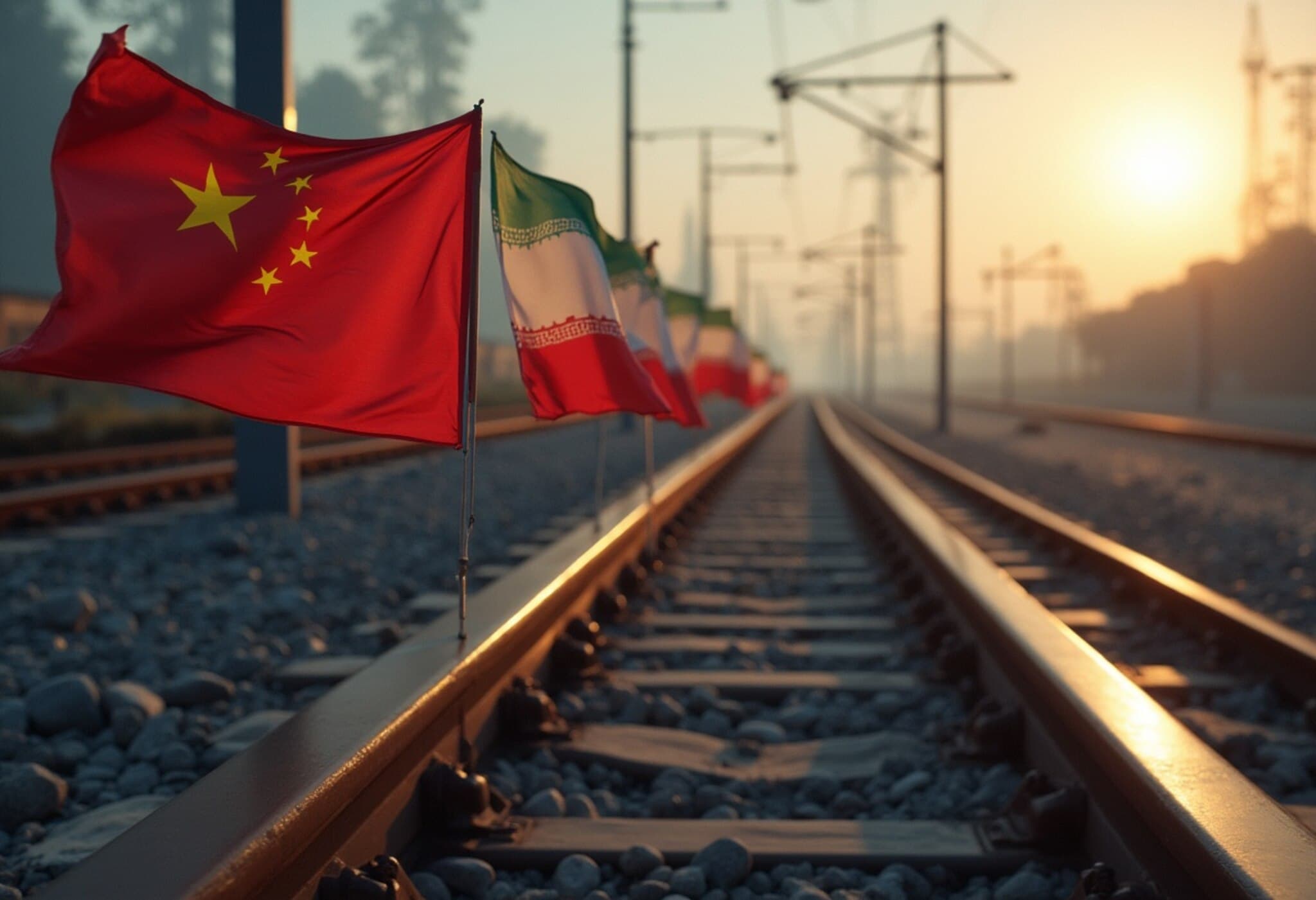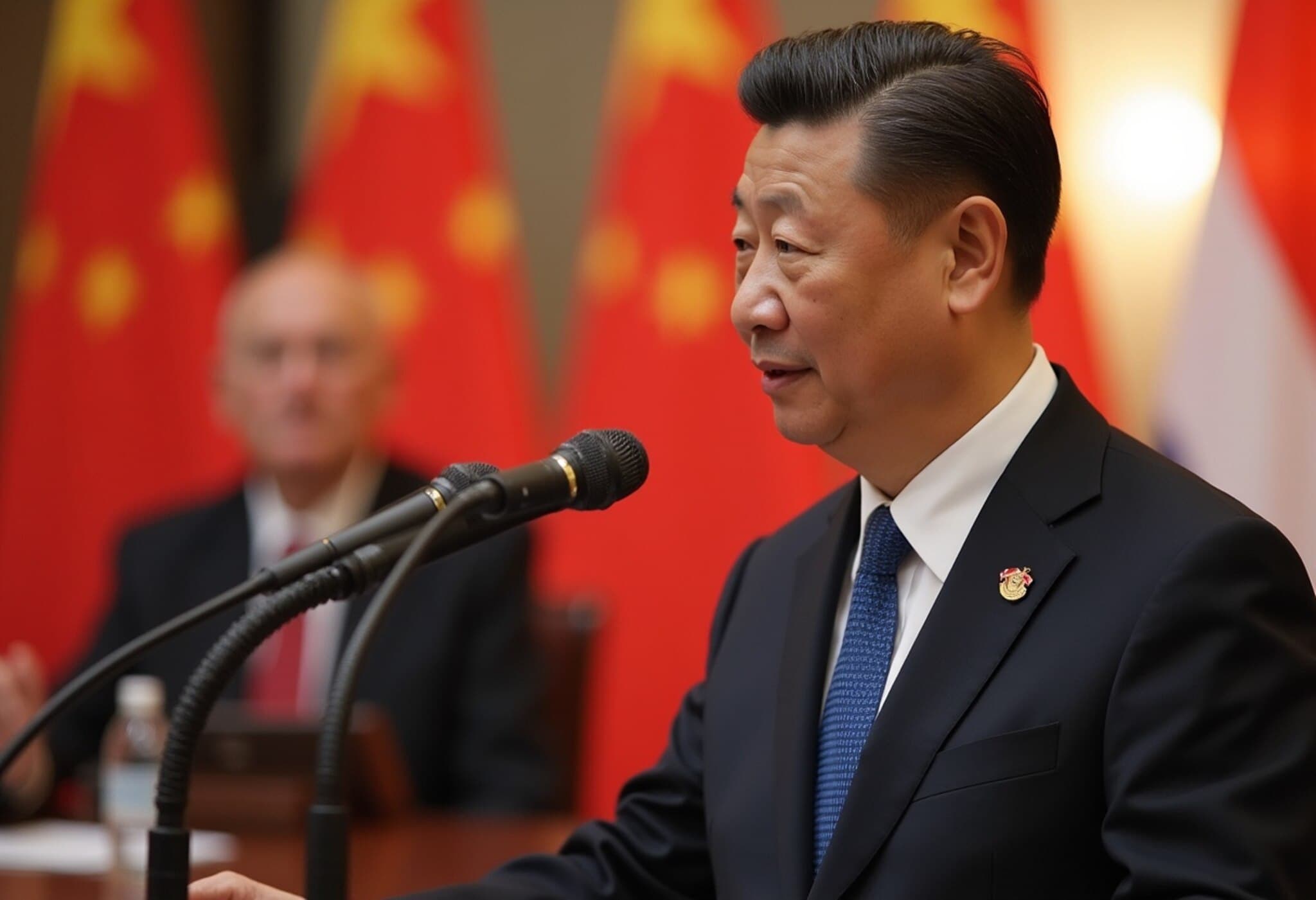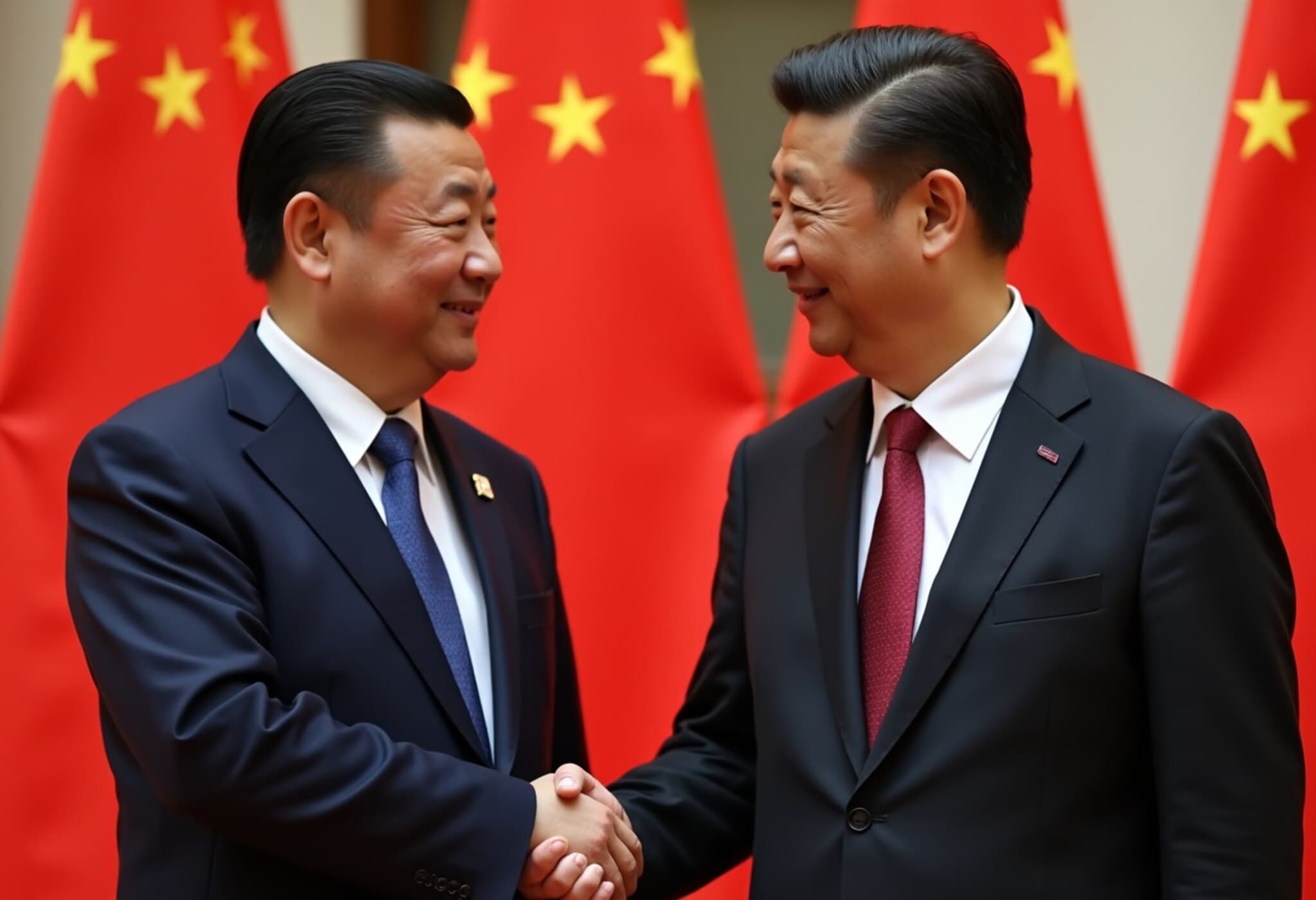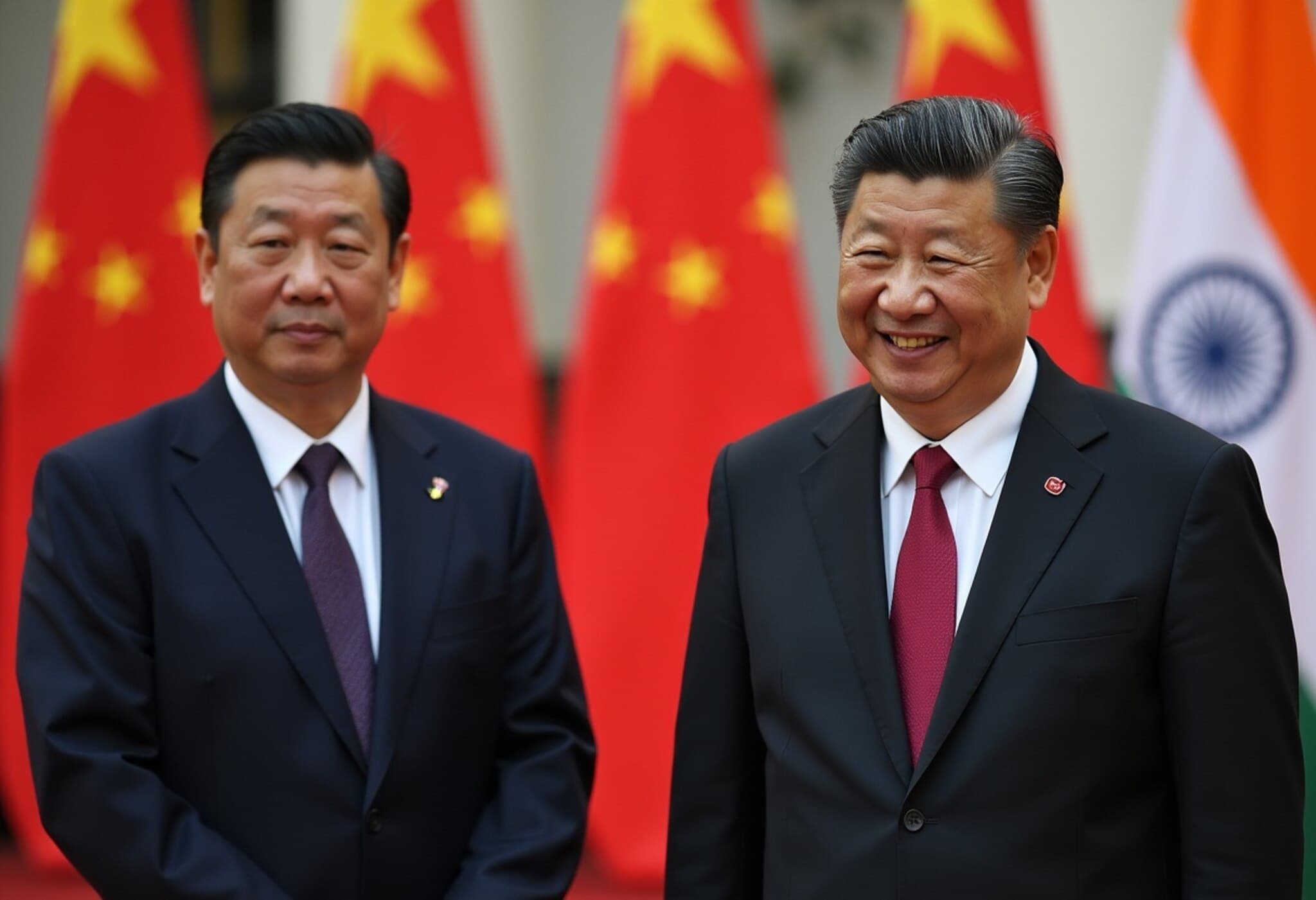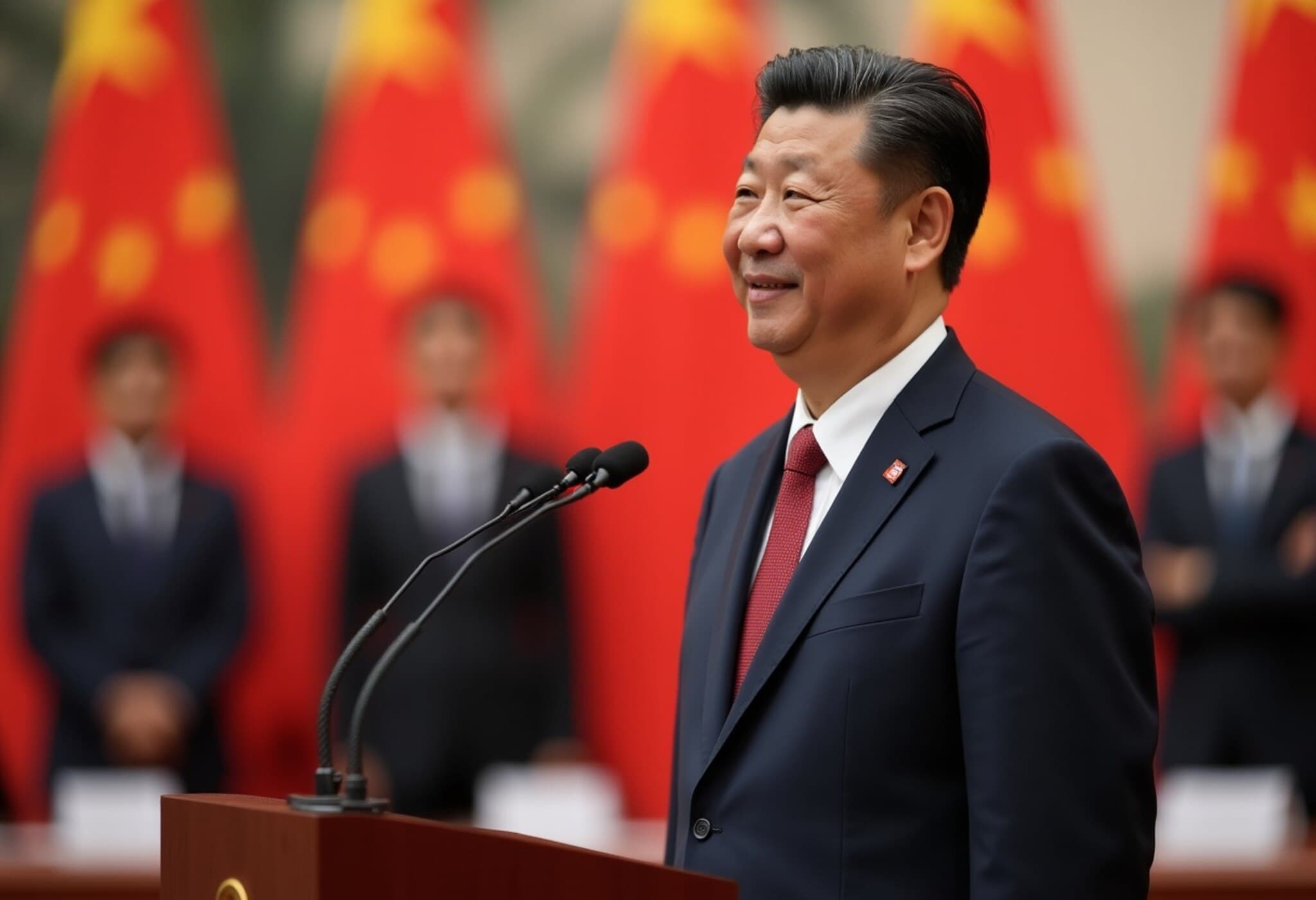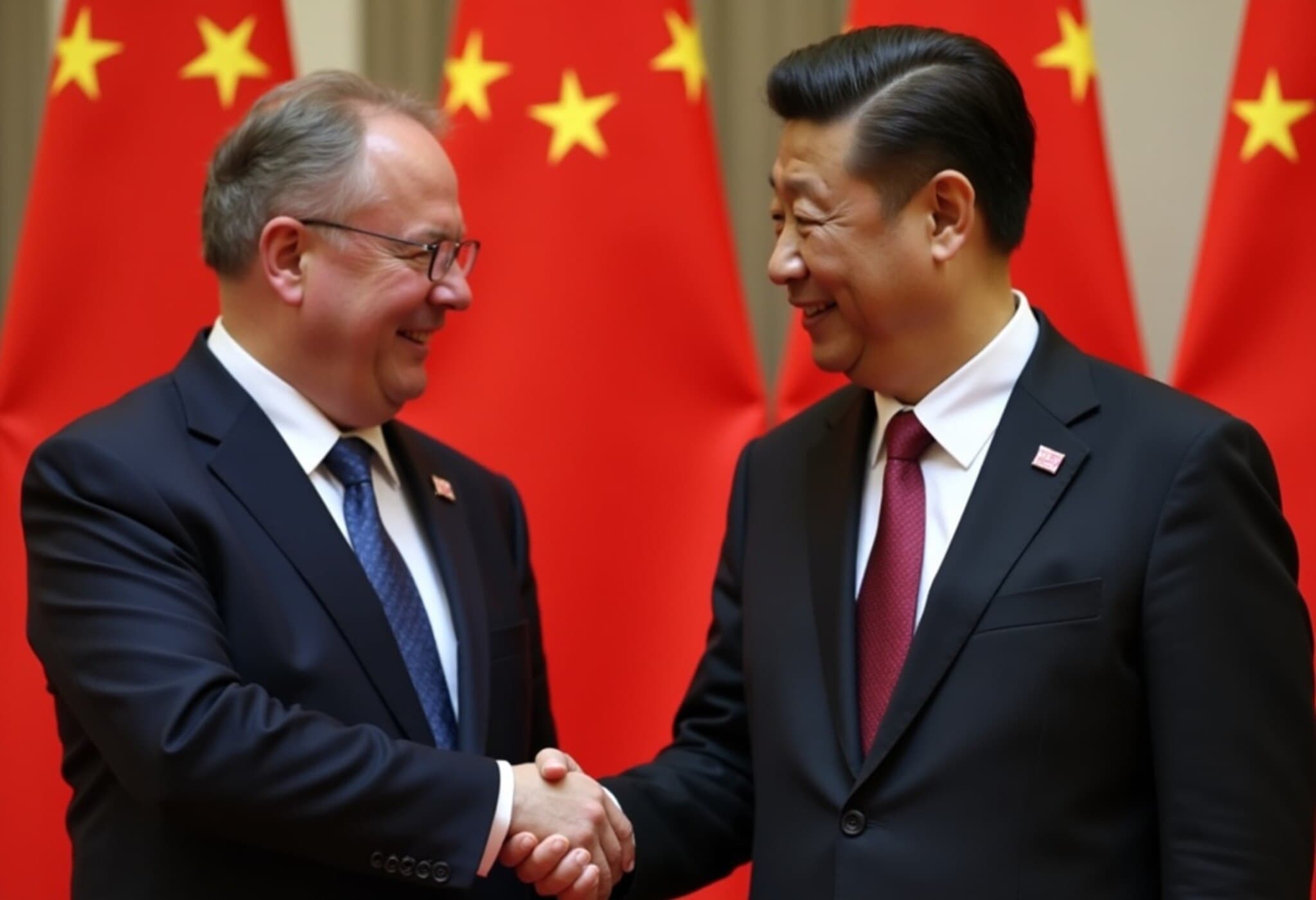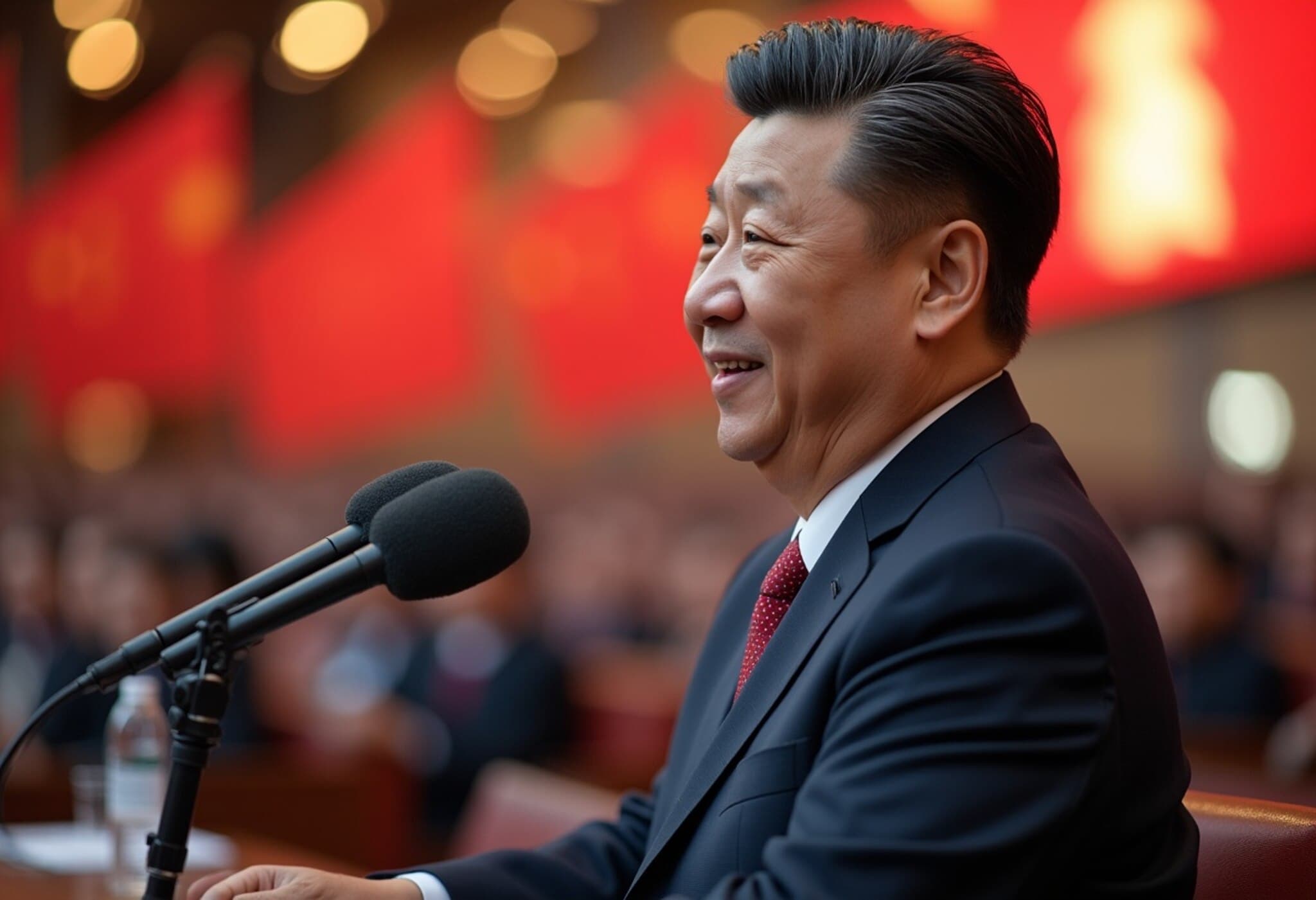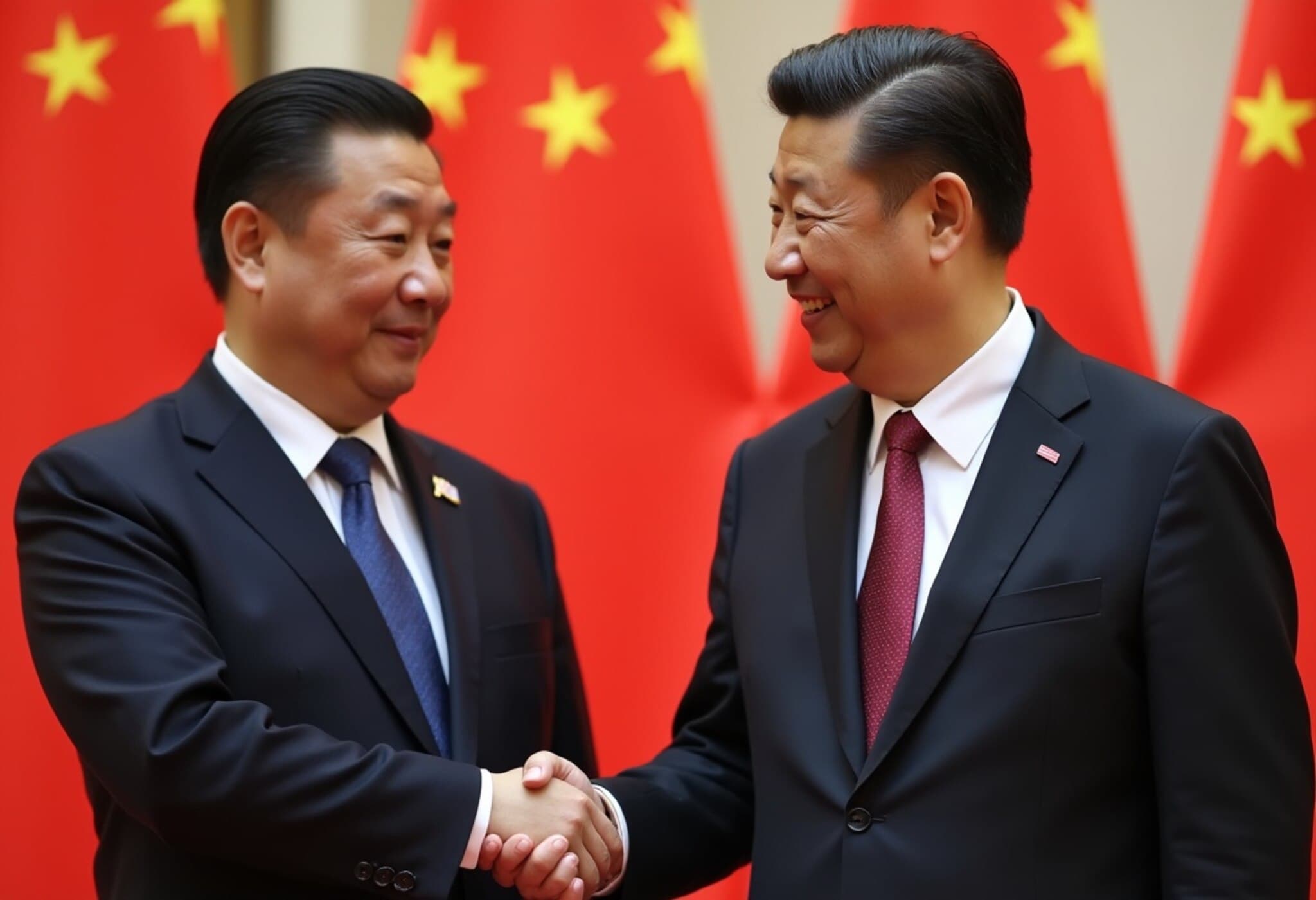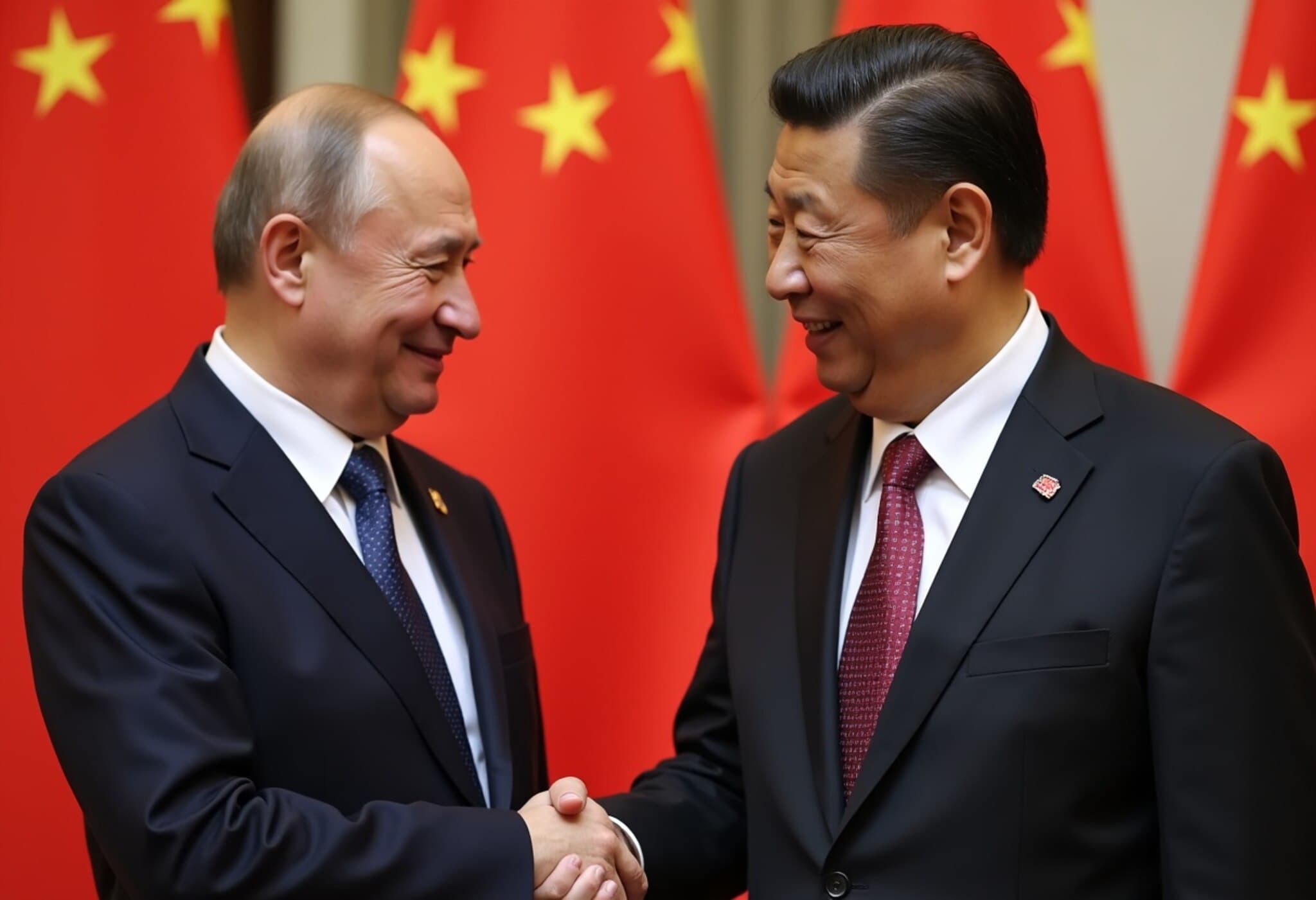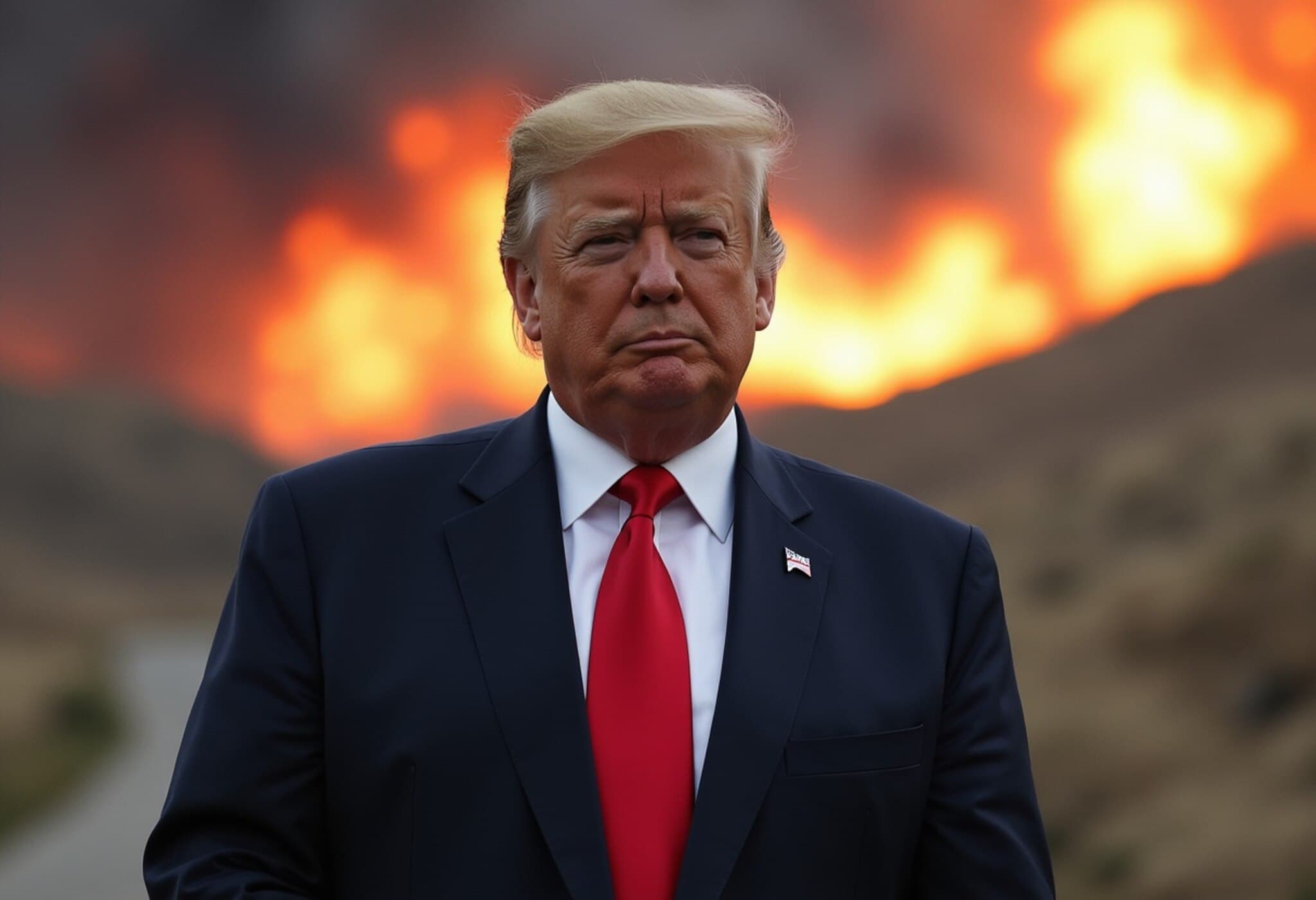Xi Jinping Seals Treaty to Deepen Central Asian Cooperation
Chinese President Xi Jinping has officially signed a landmark treaty aimed at bolstering economic and strategic ties with Central Asian nations. This move underscores Beijing’s growing intent to deepen collaboration in trade, energy, and infrastructure with the resource-rich region, traditionally seen within Russia’s sphere of influence.
Strategic Push Amid Global Shifts
Since the onset of Russia’s military actions in Ukraine, China has accelerated efforts to build stronger economic bridges with the five Central Asian republics: Kazakhstan, Kyrgyzstan, Tajikistan, Turkmenistan, and Uzbekistan. Their geographic position and abundant energy resources make the region a vital partner for Beijing’s expanding global ambitions.
This treaty was signed during a regional summit in Astana, Kazakhstan, marking the second such gathering since the initial summit held in northwest China in 2023. Xi described the current global landscape as witnessing "accelerating changes unseen in a century," highlighting heightened tensions and the dangers of protectionism.
Commitment Against Protectionism
In his summit address, Xi criticized trade wars and unilateral policies that he said harm all parties involved. Emphasizing mutual respect and cooperation, he vowed that China will work alongside Central Asian nations to oppose hegemonism and uphold international justice—a clear counterpoint to ongoing Western trade frictions.
Financial Aid and Record Trade Growth
Xi also pledged 1.5 billion yuan (approximately $209 million) in grant assistance this year to support livelihood and development projects across Central Asia. The economic partnership is already flourishing, with bilateral trade hitting a record 286.42 billion yuan in the first five months of 2025—a robust 10.4% year-on-year increase.
Among these countries, Turkmenistan maintains a trade surplus with China, largely due to its natural gas exports. Conversely, Kazakhstan and Kyrgyzstan continue to run sizeable trade deficits with China.
Expanding Energy and Infrastructure Links
During separate bilateral talks, Xi called for intensified cooperation in sectors like natural gas, mineral resources, agriculture, and law enforcement. Particular emphasis was placed on advancing the China-Kyrgyzstan-Uzbekistan railway, a project aiming to create an overland corridor bypassing Russia.
This railway, long under discussion since the 1990s, has gained traction in light of Western sanctions on Russia, prompting China and European countries to seek alternative trade routes. Beyond bypassing Russia, the route offers China strategic options for securing energy and food supplies amid global uncertainties.
Long-Term Transportation Gains
If completed, this Central Asian corridor could significantly reduce freight transit times between China and Europe, delivering substantial economic and geopolitical benefits.
In talks with Turkmenistan’s President Serdar Berdymukhamedov, Xi stressed expanding natural gas cooperation while encouraging diversification into non-resource sectors to balance trade dynamics.
The Road Ahead
China’s commitment to Central Asia reflects a broader effort to strengthen regional partnerships during an era marked by geopolitical flux. With increased financial aid, infrastructure investment, and diplomatic engagement, Beijing is positioning itself as a key stakeholder in Central Asia’s future growth and stability.
(Exchange rate used: $1 = 7.1818 Chinese yuan)

